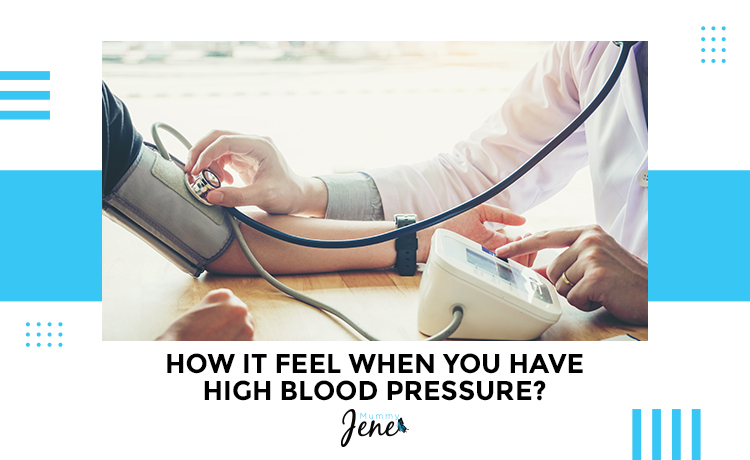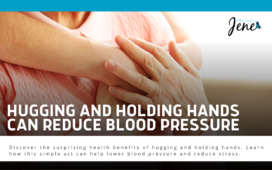Hypertension is defined as having a blood pressure elevated above the upper limits of the normal range (120 mm of mercury for the systolic phase and 80 mm of mercury for the diastolic phase). It is a widespread condition among the population. Hypertension, especially when chronic, can cause several complications to the body, significantly damage to organs. Despite this, most people who have hypertension are not aware of the fact. It especially dangerous as poorly managed hypertension can do a lot of damage to the body.
So how do you feel when your blood pressure is high?
Most people who have hypertension will feel little or no symptoms. This is potentially dangerous as it means that their high blood pressure doesn’t get appropriately managed on time. Without being well managed, high blood pressure can cause a lot of damage to vital organs of the body like the kidneys, eyes, brain, etc. this is why you must not rely on watching out for symptoms (they appear in some cases, but in other cases, only when the situation has become severe) but instead get regular blood pressure checks done. However, there are occasions where high blood pressure presents with symptoms. These mainly occur when it has developed into what is known as a hypertensive crisis. Hypertensive crises are acute exacerbations of longstanding, poorly managed hypertension with associated organ damage and dysfunction. They require urgent hospitalization for their treatment. Moving on, in cases where symptoms of high blood pressure do show, here is what to watch out for:
Symptoms Of Hypertension
Headache
Having high blood pressure can cause severe headaches. These occur mainly in cases where it has developed into a hypertensive crisis. The severe headache experienced is usually a result of excessive pressure buildup in the cranium.
Blurred Vision
This is another possible symptom of high blood pressure. It can result from the high-pressure effects on the blood vessels that supply the eyes. This, in turn, tends to compromise the function of the eye cells.
Difficulty Breathing
This is also known as dyspnea. Dyspnea can develop in cases where pulmonary hypertension is involved. In pulmonary hypertension, there is a pressure buildup in the lung vessels, and as a result, the right side of the heart finds it difficult to send deoxygenated blood into the lungs for oxygenation. Pulmonary edema also often develops. The combination of these can cause difficulty in breathing.
Chest Pain
High blood pressure causes damage to the blood vessels and often causes their lumen to become narrower. This compromises the blood supply to many vital organs. When the blood supply to the heart tissue is compromised, it can result in a squeezing or crushing pain called angina.
Fatigue Or Confusion
This is another possible symptom associated with high blood pressure. This results from the adverse effects excessive blood pressure has on the brain and other tissues and their blood supply. It becomes more marked in hypertensive crises.
Conclusion
This article has discussed some symptoms that are associated with having high blood pressure. However, it is essential to note that having high blood pressure doesn’t often present with symptoms except when it has exacerbated to a severe degree. It, however, can be associated with fatal damage to organs in the body even when apparently without symptoms. So, it is important to check blood pressure regularly and look out for possible pointers of high blood pressure.








